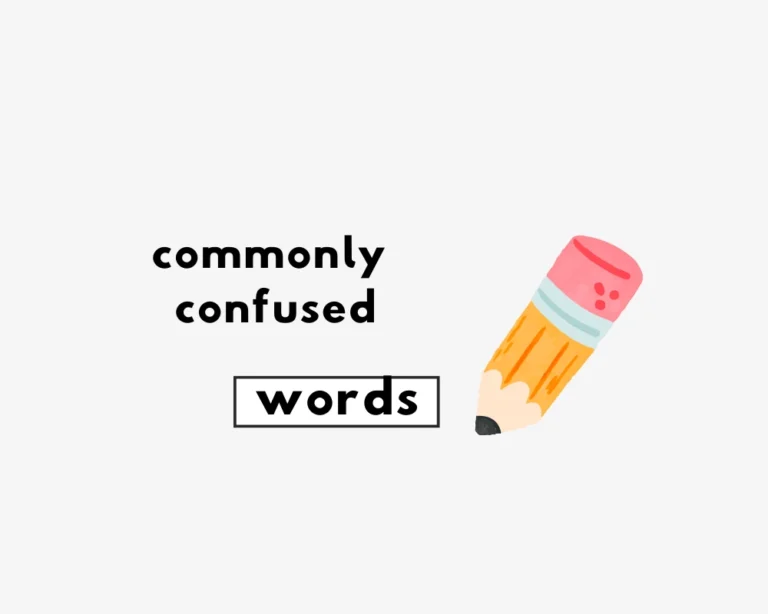The English language is a labyrinth of intricacies, where a single space or hyphen can change the meaning of a word entirely. In this blog post, we’re diving into the fascinating world of no one and noone.
Are they interchangeable, or is there more to this linguistic puzzle than meets the eye? Let’s explore the subtle yet significant difference between these two terms.
No One vs. Noone
“No one” is a widely accepted and standard way to write the phrase that means “nobody” or “not a single person.” It refers to the absence of people; for example, as in the sentences:
No one enjoys being stuck in traffic.
No one wants to miss out on a good opportunity.
No one is perfect; we all make mistakes.
In these examples, “no one” emphasizes the absence of individuals who enjoy traffic, want to miss opportunities, or are perfect. It’s a common phrase in everyday English, and its meaning is quite clear.
Noone
On the other hand, “noone” is a less common variant and, in most cases, considered non-standard. It doesn’t exist as a standard word in the English language, and using it can lead to confusion. In many contexts, “noone” is regarded as a misspelling or a typographical error.
While “noone” is not accepted in formal writing or by language authorities, it might occasionally be found in informal or creative writing. In these cases, it’s used for stylistic reasons or as a deliberate choice by the writer. However, even in these situations, “no one” is generally preferred for clarity and to adhere to standard English conventions.
Practice using the verb in different tenses with example sentences to memorize the correct forms.
In review
In the battle of “no one” vs. “noone,” there’s a clear winner: “no one.” It is the accepted and standard form of the phrase that means “nobody” or “not a single person.” “Noone,” with no space or hyphen, is generally considered non-standard and best avoided in formal writing to prevent confusion. While language can be flexible and creative, it’s important to recognize the boundaries of standard usage to ensure effective communication.
In your writing, it’s advisable to stick with “no one” to maintain clarity and conform to accepted language norms. Remember, in the world of double negatives, simplicity often reigns supreme.
Other commonly confused words
Worksheet
Examples help you understand:
Question 2: Grammar rules help with:
Question 3: What is the main focus of this grammar content?
Question 4: Which is most important for proper grammar?
Question 5: Grammar rules help with:
Question 6: What is the main focus of this grammar content?
Question 7: Which is most important for proper grammar?
Question 8: Grammar rules help with:
Question 9: What is the main focus of this grammar content?
Question 10: Which is most important for proper grammar?
Which aspect is most important when learning grammar?
How can you improve your grammar skills?











